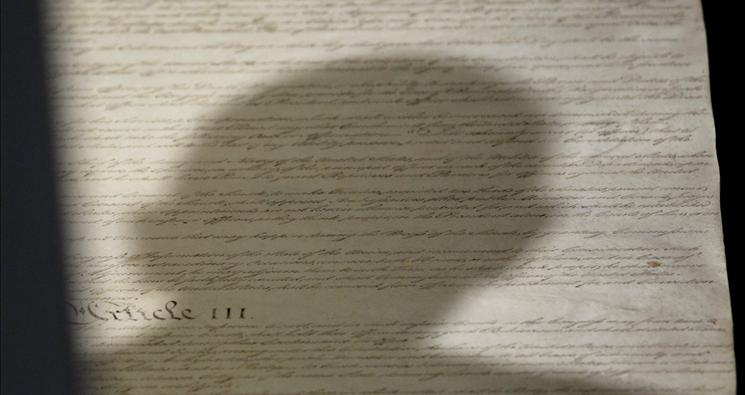ObamaCare, the Supreme Court, and Our Schizophrenic Constitution
At present we have a schizophrenic constitution — at least as interpreted by several decades of Supreme Court precedent. In the arena of civil liberties, the power of the federal government is properly fenced. From free speech to search and seizure to any number of areas — enumerated and unenumerated — the Court has limited the reach of government. Indeed, the Court has so zealously protected civil liberties that the doctrine of “incorporation” has been used to extend the Bill of Rights well beyond its original reach (limiting the federal government only) to act as a limit on state and local governments as well.
Regarding economic liberty, the Court’s approach has been exactly the opposite. Following FDR’s court-packing scandal and his direct attack on the independence of the federal judiciary, a series of cases extended Congress’s power over interstate commerce to include even the wheat a man grows for his own personal consumption. Now, with the ObamaCare cert grant, we’ll soon find out if there is any meaningful limit to the federal government’s economic power. As intrusive as the now-famous “wheat case” (Wickard v. Filburn) was, a prohibition on growing excess wheat pales in comparison to using federal power to actually compel a purchase.
The challenge, however, is not merely to persuade the Court that the Constitution does in fact protect core economic liberties (and at ACLJ we will file an amicus brief on behalf of more than 100 members of Congress) but also to persuade our fellow citizens that economic liberty matters. Already more than 40,000 Americans have agreed to sign the ACLJ brief along with members of Congress. This is a tremendous start, but it’s only a start.
The Court is confronted with an historic opportunity to build a constitutionally appropriate firewall against the hyper-regulatory state — a state far larger and more powerful than the Founders ever hoped but exactly as large and powerful as they feared.
